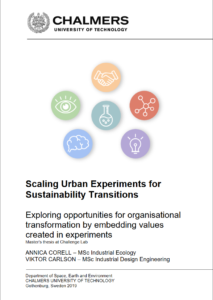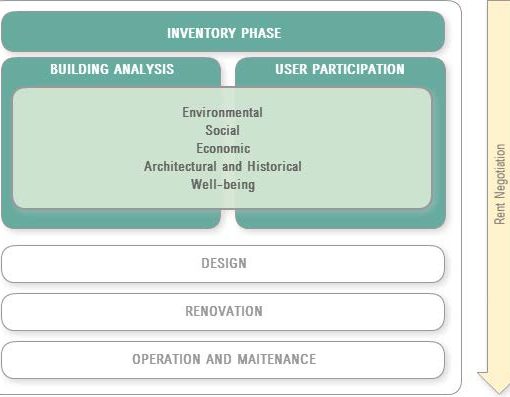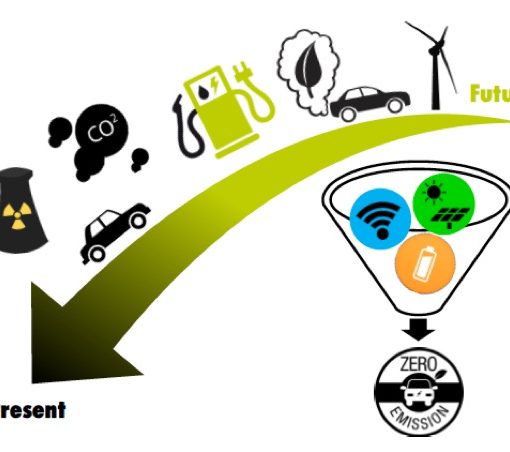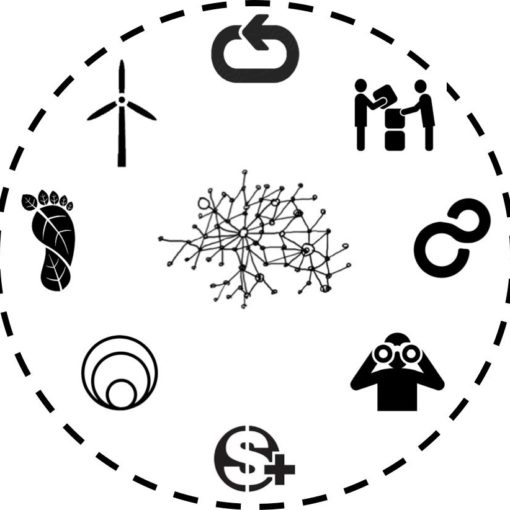VIKTOR CARLSON & ANNICA CORELL (2019)

To meet the grand challenges facing humanity sustainability transitions are needed. The United Nations’ Agenda 2030 for sustainable development, ‘Transforming our world’, calls for urgent transformation. Urban experimentation has emerged as a form of governance for sustainability transitions, where Urban Living Labs (ULLs) are emerging arenas. To achieve the desired sustainability transitions, it is necessary to scale up experiments and change the existing socio-technical regimes. Despite this, it is commonfor experiments to stay only within the original ULL. Embedding is a mechanism of scaling,wherethe learnings and experiences from participation in ULLsare aligned and integratedinto practices, policies, cultureetc. Itiscreating institutional changethrough new ways of thinking, doing and organising, whether formal and informal.
The aim of this thesis is to explore the opportunities for municipal organisations to embed the learnings and experiences from their ULL participation into their ways of working, and thus transforming their organisations. The municipality of Gothenburg, Sweden, wasstudied through a qualitative single-case study of Stadslandet, a municipal sustainability project. Semi-structured interviews were used as the main data source and were complemented with added insights from documents from Stadslandet and workshops during the analysis. The data was analysed through a five-phased cycle including; compiling, disassembling, reassembling, interpreting and concluding.
The results of this thesis present the perceived values emerged within Stadslandet; i) Building multi-stakeholder networks, ii) Collaboration, iii) New perspectives, iv) Spacefor experimentation, v) Knowledge building and vi) Other contributions. Furthermore, barriers for embedding these values in the ordinary structures of the municipality and through that transform the organisations. The barriers found was; i) Wicked systems, ii) Lack of mandate, organisational and political leadership, iii) circumstances changes over time and iv) Current systemnot designed for experimental activities.
Identification of values from Stadslandet and barriers for embedding those values, are important first steps for achieving organisational transformation. Further research is needed for determining how the learnings and experiences can be embedded





